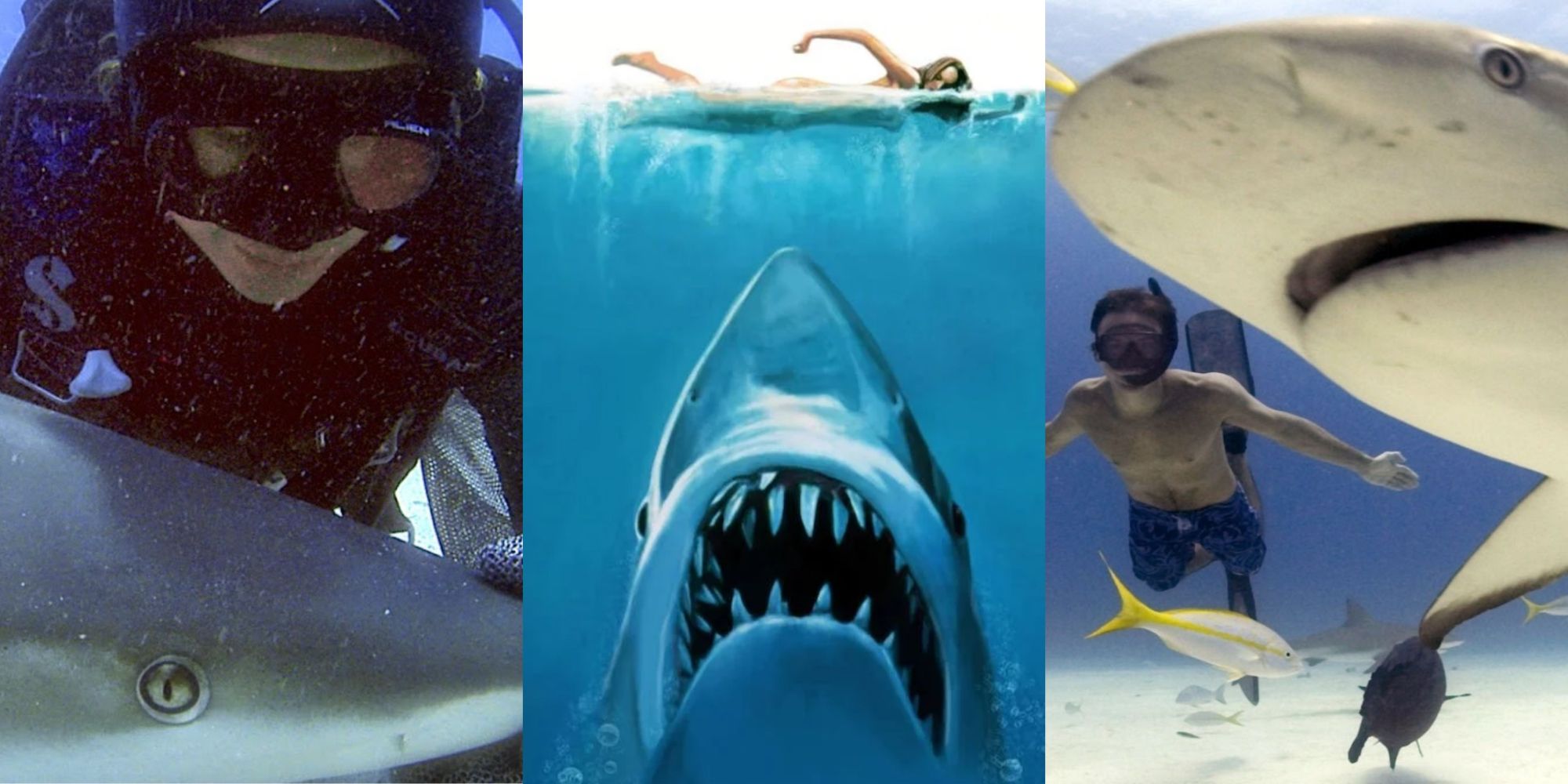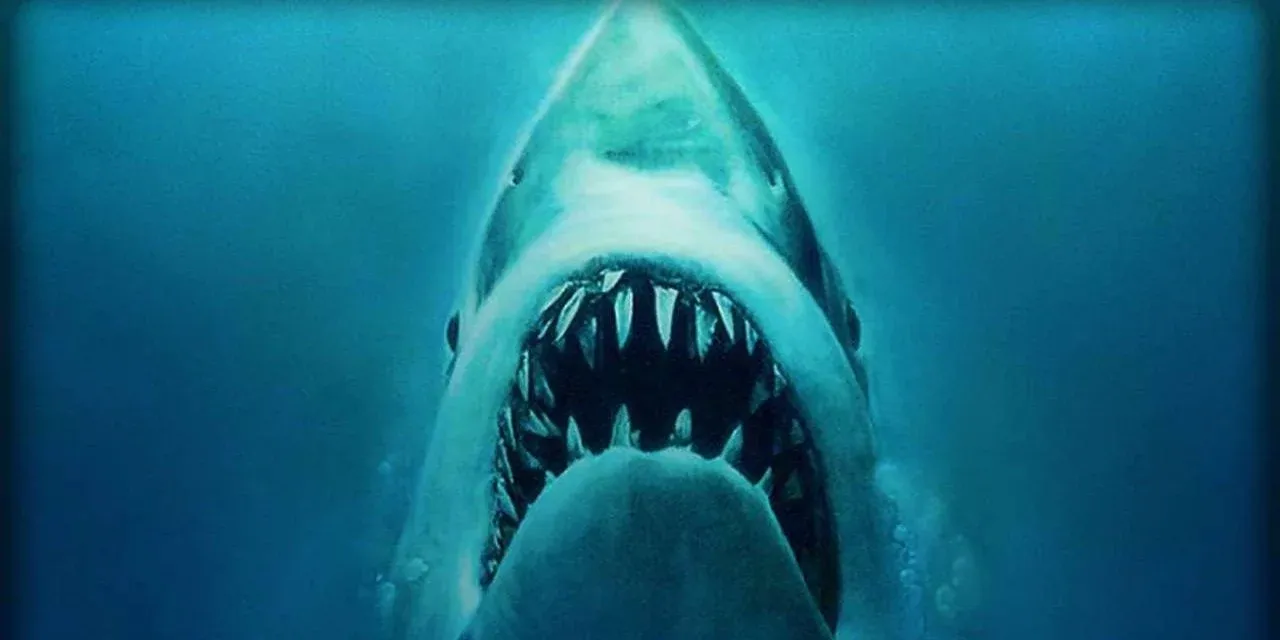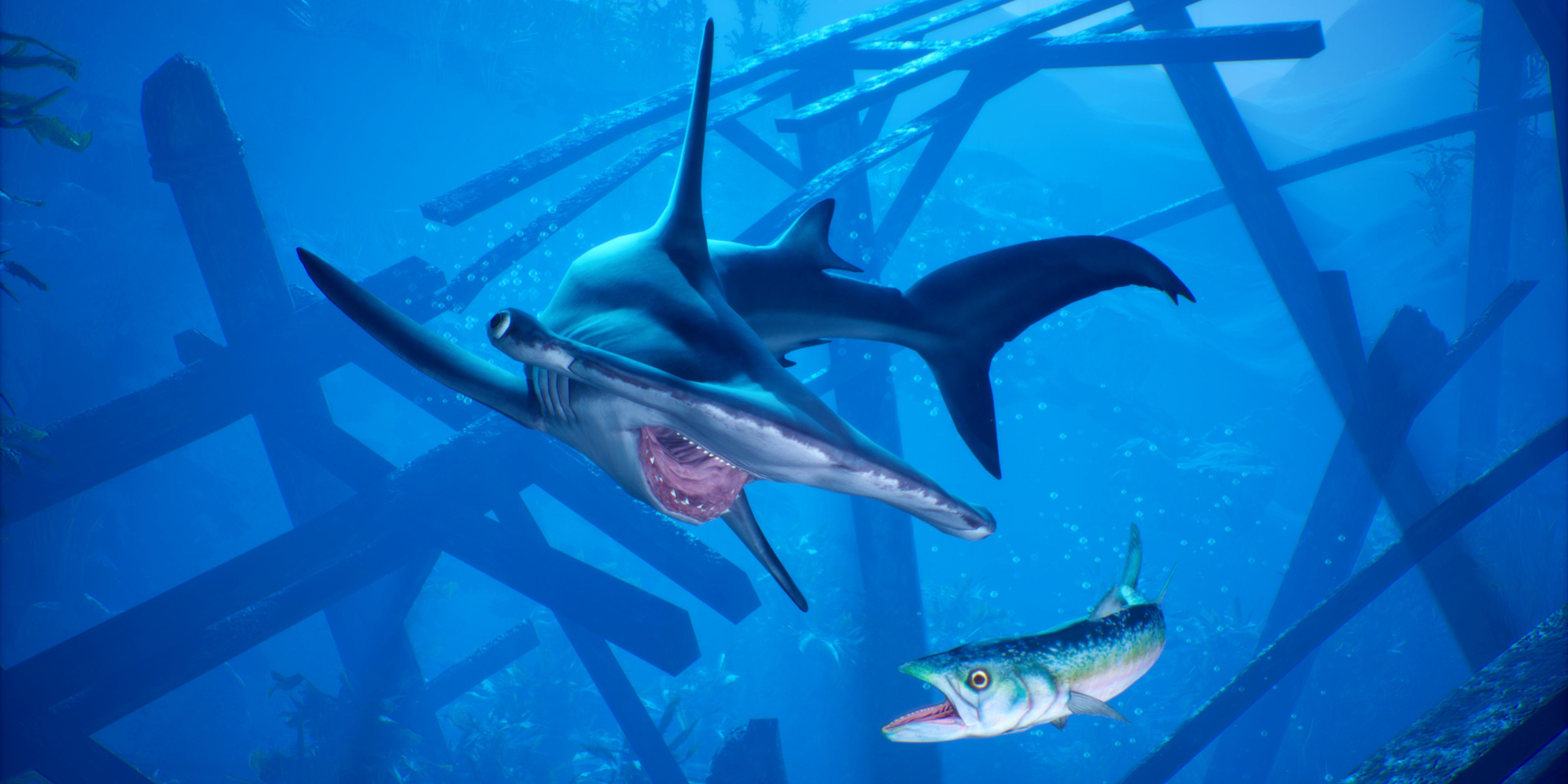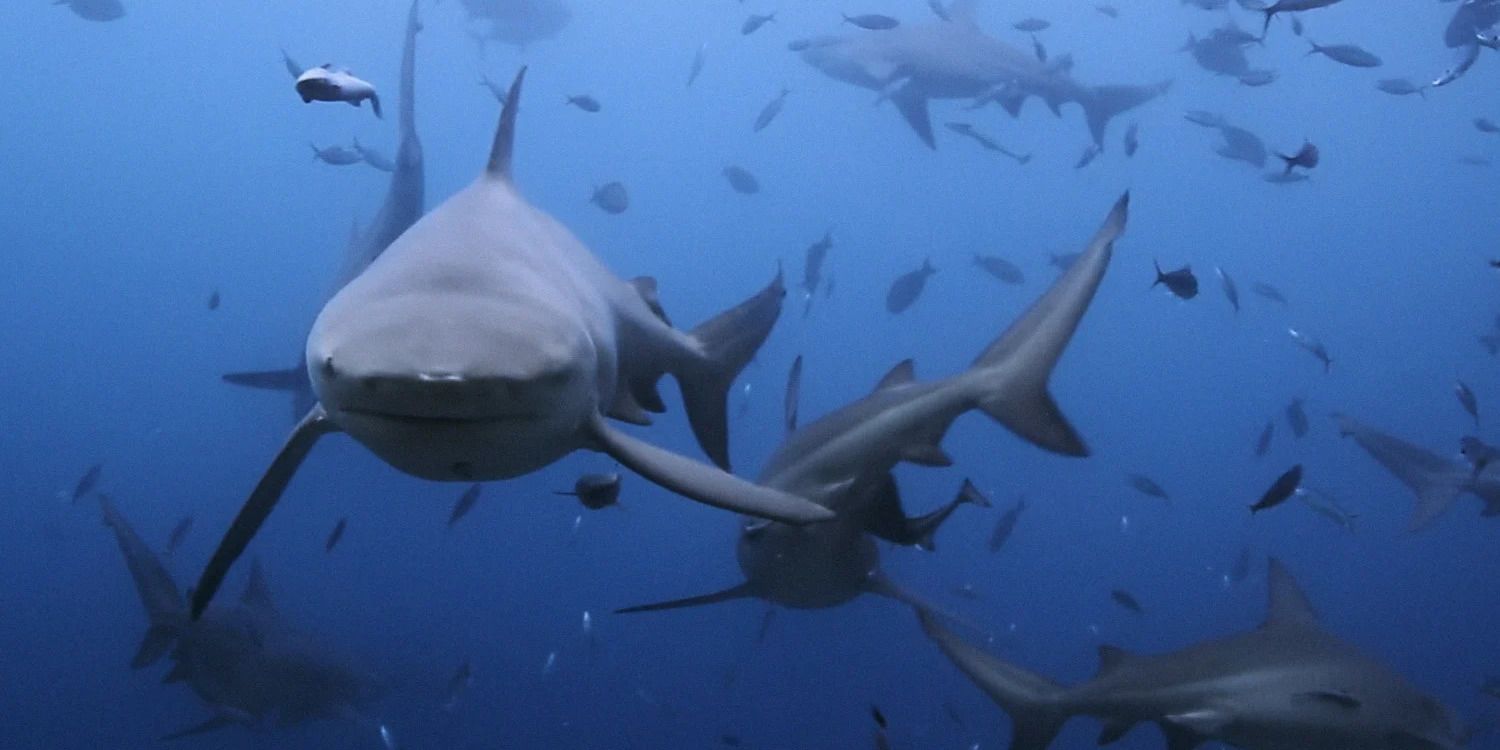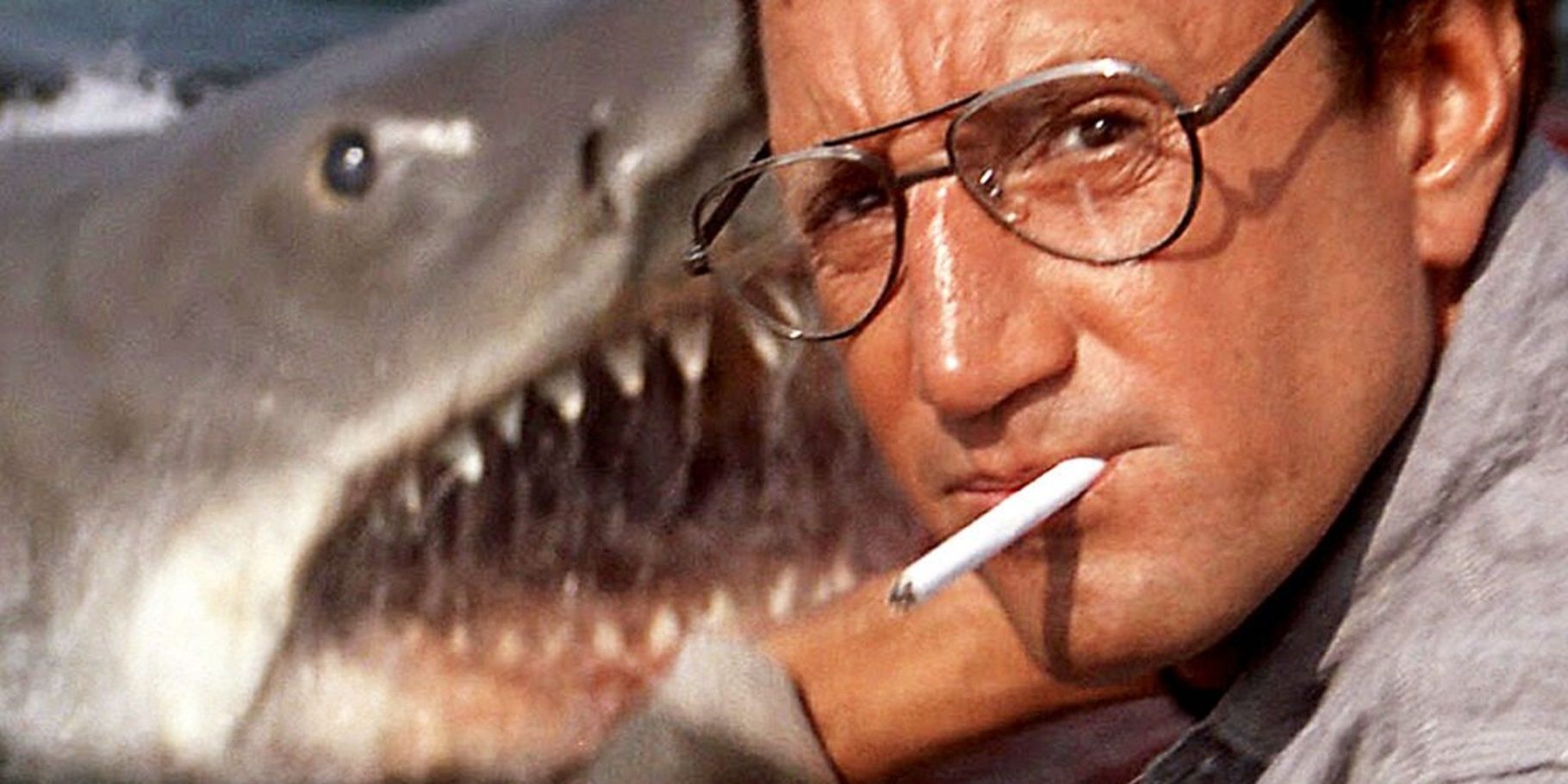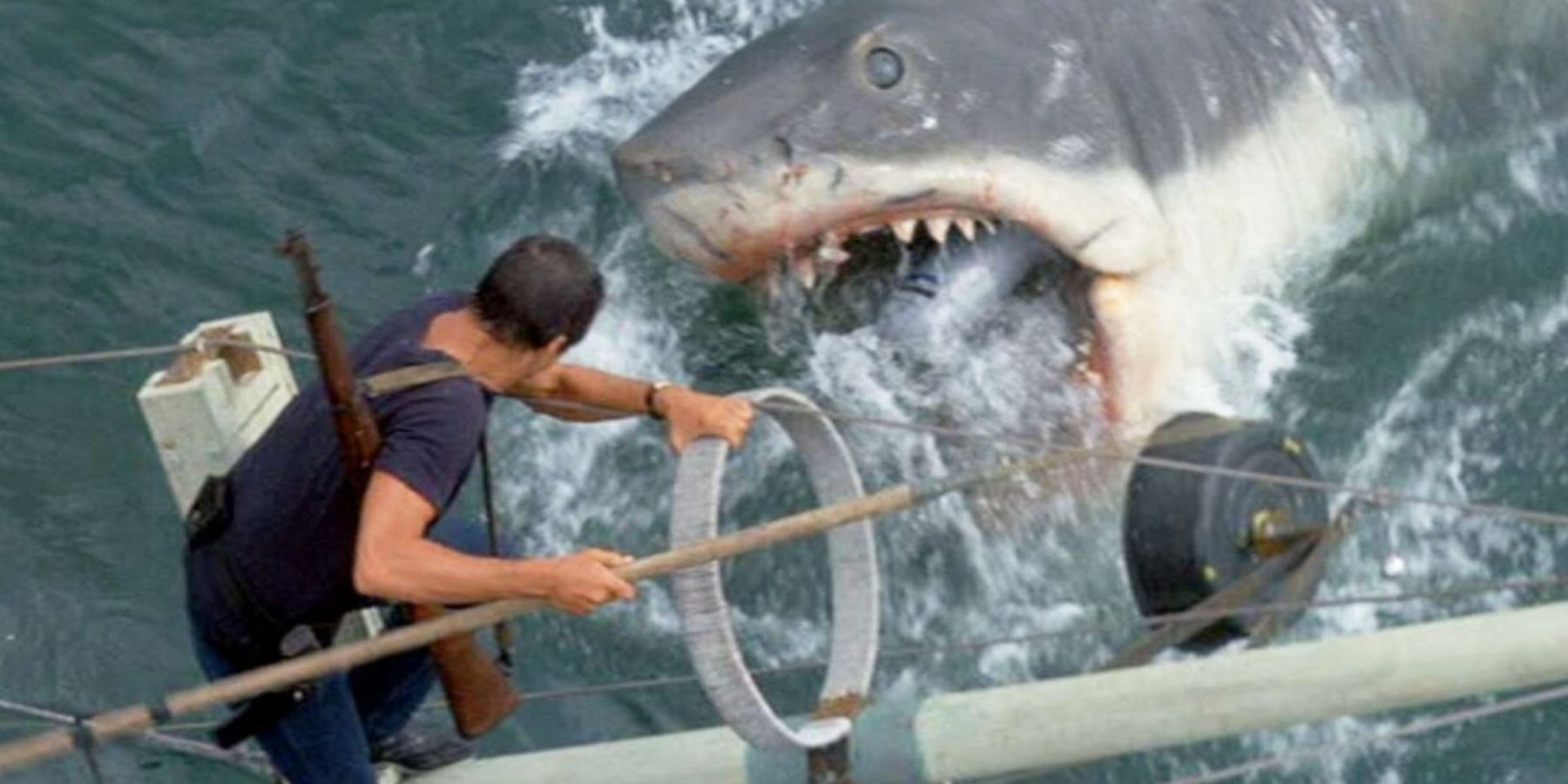Big, soundless, ghostly, a face fixed in a permanent, ghastly frown lined with jagged teeth; it's no wonder the first human reaction to a shark is one of fear or revulsion. It's the complete opposite of the kind of animals we like, compared to a dog's friendly demeanor and cheerful attitude, for example. If a person is writing a movie script, it's easy to see which choice makes the better villain, which explains why Jaws works so well as a terrifying story.
The point, however, is that Jaws is a fictional movie based on a book. Although the novel was based on the real-life exploits of a fisherman named Frank Mundus who lived in Montauk, New York, most of his antics were controversial or embellished. The movie gets a lot about sharks wrong, and one of the reasons Shark Week even exists is to debunk the myths that still circulate because of the world's first blockbuster popcorn flick.
6 The "Rogue Shark" Myth
This suburban legend of a wild animal that "gets a taste for human flesh" and then stalks humans has been applied to almost every carnivorous critter on earth. It's a narrative that assumes an animal that gets a taste of a human will somehow prefer that over its usual meal, and that simply isn't the case.
The label "man-eater" has been applied to sharks since the 1800s. An Australian surgeon named Victor Coppleson, who was a strong proponent of the "rogue shark" theory, described this type of shark as a monster and a menace that had to be hunted and killed. That's pretty much the plot of Jaws.
5 They All Swim Alone
Another thing the movie gets wrong that's connected to the "rogue shark" theory is that these types of sharks also stand out because they "swim alone." This is the kind of dialogue that looks great in a movie script, like a lot of the other myths about sharks that keep the viewer riveted, but in reality, it's just silly.
There are no such things as shark "pods" or families of sharks that travel together, like orcas or whales. Sharks may gather at certain places to mate and feed, but they all swim alone anyway, and it's not deviant behavior.
4 Don't Boil Jaws
There's a scene in the movie where Quint is boiling the jaws of sharks to sell them to tourists. This wouldn't work to clean the jaws and keep them intact. Unless the only important thing is the teeth or the extraction of gelatin, this isn't a good idea.
Sharks are mostly cartilage, and boiling the jaws would make everything dissolve but the teeth. The jaw part would just turn into a pile of mushy goop that used to be cartilage. It might be a sellable product to someone, but it's not something you can display in a souvenir shop.
3 They Don't Live For Thousands Of Years
There's a scene in the movie where Brody, the main character, is reading a book about sharks. It's not certain exactly what Brody is looking at or where he got it, but what it tells him about the life span of sharks is hilariously wrong. He quotes from the book that sharks live anywhere from two to three thousand years in the wild, that's a wild claim that's not even close to reality.
While it's a fact that sharks are some of the oldest creatures on earth as a species, the average age for a shark is only 40 to 60 years, comparable to orcas and whales in the same weight class. The Greenland shark lives to be about 250 years old, which is amazing for any vertebrate and not just sharks, but that's still not anywhere near a thousand years.
2 It's Too Big
It was easy to let this go when everyone first saw the movie, especially with the excuse that the shark was intended to be a Great White. However, this species is only about 17 feet long at most, and except for the exception of a few sightings at 21 feet, no Great White has reached the 25-foot mark like the one in Jaws.
Although there are sharks that get this big, those are the whale sharks that grow to sizes of more than 60 feet and are what's known as a filter-feeder. That means that it eats plankton and other small animals, so it would never be a danger to anything as big as a human.
1 Sharks Don't Sink Boats
When the shark attacks the boat in the movie, it's portrayed as a calculated act that the animal has planned. It looks that way to a human when a shark chews on a boat, but a shark doesn't have the cognitive ability to understand that making a hole in a boat will sink it.
When a shark nibbles on a boat or flotation device of some kind, which they are wont to do, it's just a bit of curiosity on the part of the shark when it sees a strange object in its territory. It's not trying to destroy it to get to the sweet, succulent human meat on the other side, but just checking for curiosity, and likely also for edibility.




